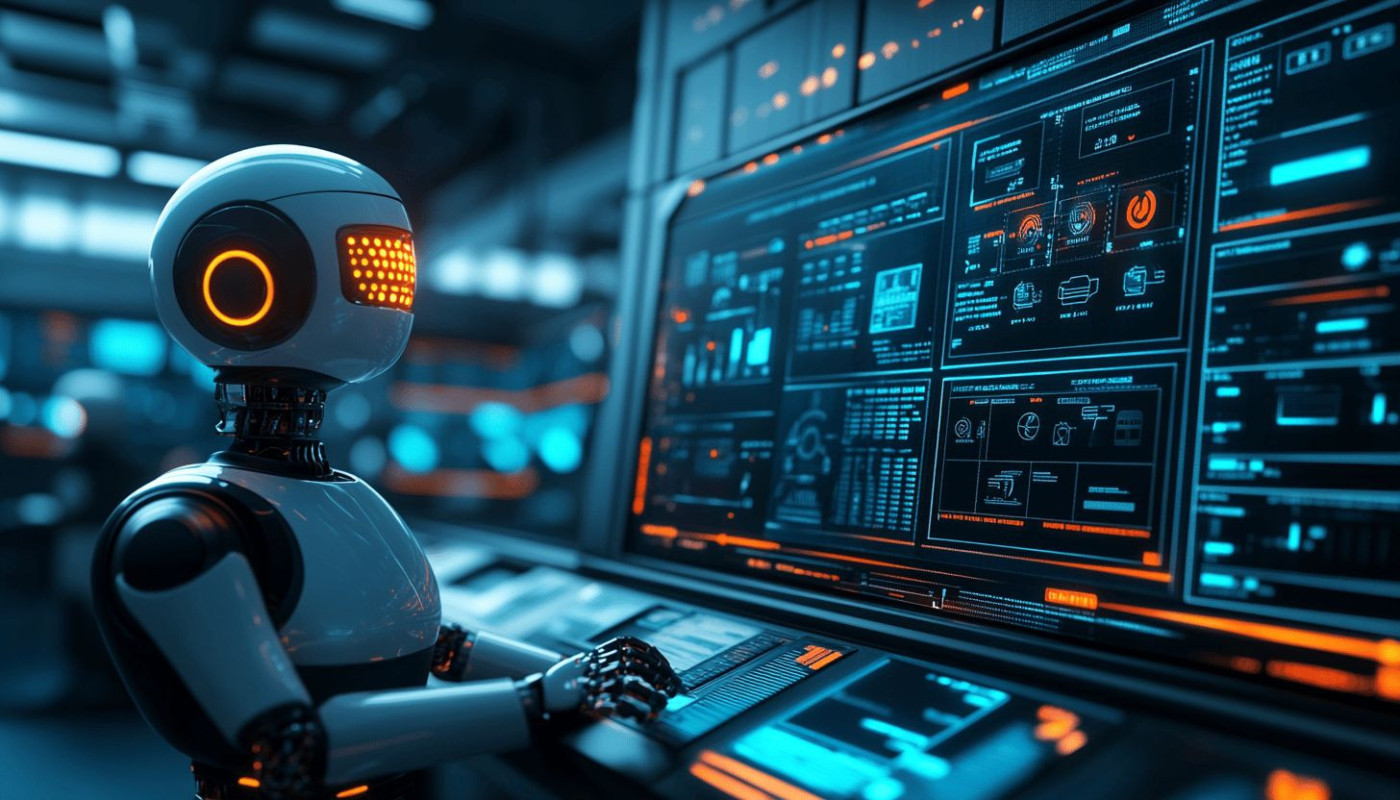Table of contents
Artificial intelligence is rapidly transforming the creative industries, bringing both unprecedented opportunities and complex ethical dilemmas. As automation and algorithms become embedded in creative processes, questions about originality, ownership, and fairness take center stage. Explore the evolving ethical landscape of AI in creative fields and gain a deeper understanding of the challenges and responsibilities shaping the future of creativity.
Ownership and intellectual property
The evolution of machine learning and generative art has significantly disrupted traditional notions of creative ownership and intellectual property rights within creative industries. As AI-powered systems increasingly produce new works, the boundaries between human authorship and algorithmic output have become blurred, prompting ongoing debates over AI copyright and rightful attribution. Artists, designers, and content creators face complex questions about legal ownership when their ideas are shaped or even co-created by advanced algorithms. Current intellectual property frameworks were not designed for scenarios where machine learning models contribute to the creative process, leading to uncertainty around copyright eligibility and enforceability of AI-generated works. This legal ambiguity creates challenges for stakeholders seeking to protect their creative interests, monetize their output, and obtain recognition for their contributions in a rapidly evolving digital landscape.
Authenticity and originality concerns
As AI-generated content becomes increasingly prevalent, questions surrounding creative authenticity and originality in AI have surged to the forefront of the AI art debate. Algorithmic creativity challenges the foundational notion that genuine artistic expression originates solely from human intuition and experience. Traditional frameworks, which have long prized the artist’s unique vision, are now being re-examined as machine learning models synthesize vast datasets to produce works that can mimic, reinterpret, or even surpass human creations in complexity and novelty. Stakeholders within the creative industries—including artists, critics, legal experts, and technologists—are actively negotiating new benchmarks for originality in AI. Some advocate for transparent disclosure of AI involvement, while others experiment with hybrid models that integrate human oversight, thereby attempting to safeguard creative authenticity. These debates underscore a broader cultural shift: as the boundaries between human and machine-generated art blur, definitions of creativity become more porous and contested, prompting ongoing reflection on the values and criteria that underpin artistic legitimacy in the digital age.
Bias in creative algorithms
AI bias in creative algorithm ethics poses significant challenges for the creative industries, as algorithms trained on non-representative or skewed training datasets can inadvertently reinforce stereotypes or marginalize underrepresented voices. The selection and curation of the training dataset play a pivotal role, impacting the diversity and originality of outputs produced by generative models. If a creative algorithm predominantly learns from datasets lacking in diversity, its results may exhibit algorithmic fairness issues, such as promoting cultural clichés or excluding minority perspectives. Design choices during model development, such as choosing specific source materials or ignoring the need for diverse datasets, further exacerbate these risks. This not only limits the creative potential of AI but also raises ethical concerns regarding inclusivity and representation. For those interested in exploring practical implementations and addressing such challenges, look at this site, which provides tools for generating creative content and may offer insight into mitigating AI bias within digital art platforms.
Transparency and accountability
AI transparency and creative accountability are increasingly vital as artificial intelligence reshapes creative sectors. The deployment of AI tools for content generation, design, and decision-making requires not only rigorous oversight but also robust ethical guidelines to safeguard fairness and originality. Many organizations and governments are turning to frameworks that emphasize explainable AI—systems designed to make AI decision-making processes accessible and understandable to both creators and consumers. Explainable AI reduces the risk of biased or opaque outputs by requiring systems to justify choices, such as why an image was flagged or how a song was composed. This technical approach supports broader calls from industry stakeholders for standardized reporting, clear documentation, and public disclosure regarding the role of algorithms in creative processes. As demand grows for trustworthy AI in these sectors, establishing transparent workflows and mechanisms for accountability is becoming an industry-wide priority, ensuring that human creativity and ethical standards remain at the heart of innovation.
Future directions and ethical frameworks
The accelerated integration of artificial intelligence within creative industries demands a proactive approach to AI ethics, pushing stakeholders to envision forward-thinking policies and norms. Establishing a dynamic ethical framework remains critical for balancing responsible AI deployment with the preservation of artistic autonomy. Collaboration across disciplines—bringing together technologists, artists, ethicists, and policymakers—enables the creation of guidelines that reflect the complexity of creative processes and the unique challenges AI introduces. Transparent algorithms, continuous stakeholder engagement, and adaptive regulatory oversight foster an ecosystem where the future of creativity thrives alongside accountability. Prioritizing digital literacy, clear authorship recognition, and open-source initiatives further supports responsible innovation, empowering creators while safeguarding societal interests. Advancing these strategies positions the creative industries to harness AI’s potential ethically, ensuring long-term trust and cultural enrichment.
On the same subject

How Chatbots Enhance User Experience Across Multiple Channels?

Security Challenges In Modern Data Storage Facilities

How do you find a reliable cryptocurrency trading bot ?

What to know before buying a laptop battery?

Why is web hosting important?

